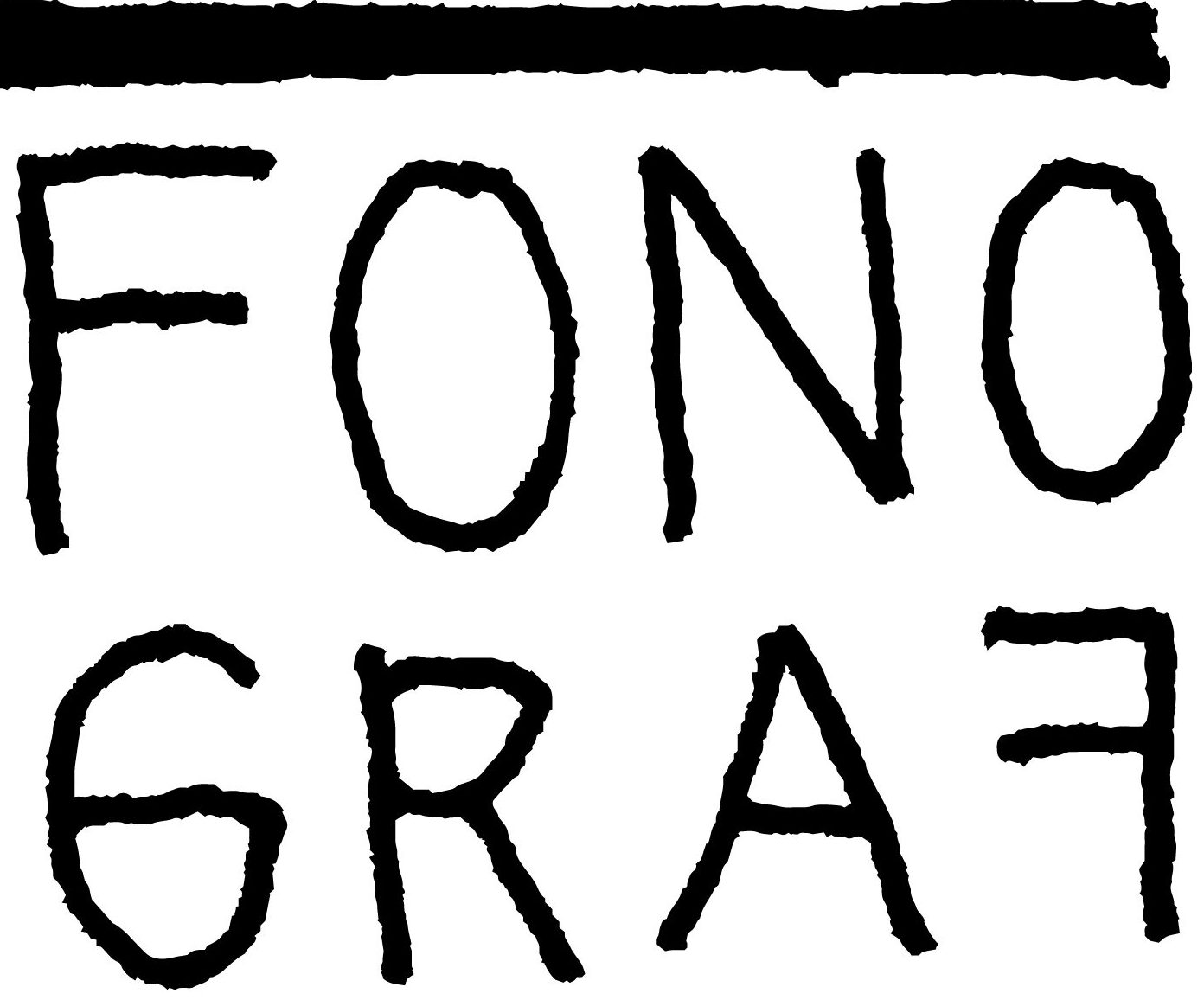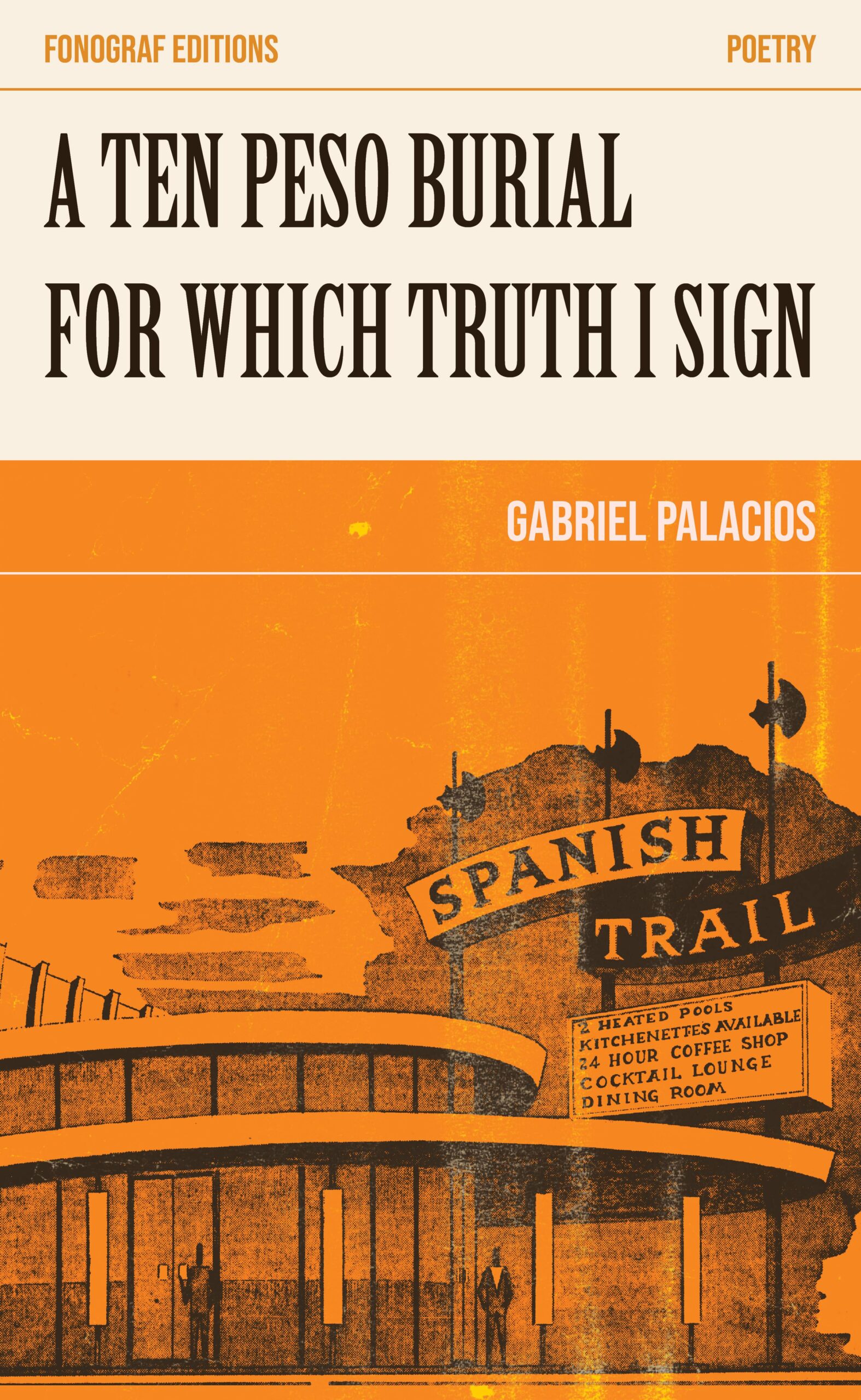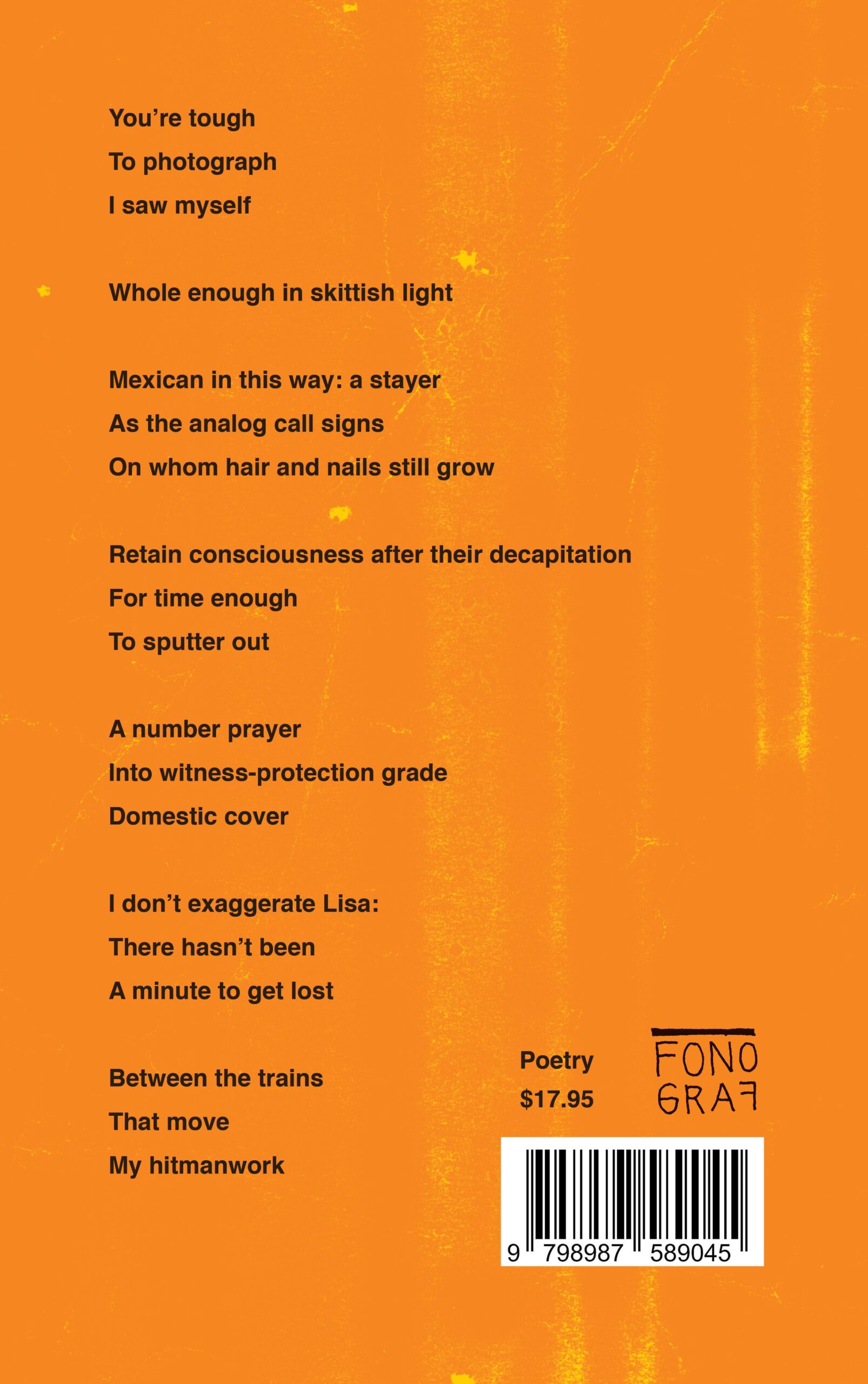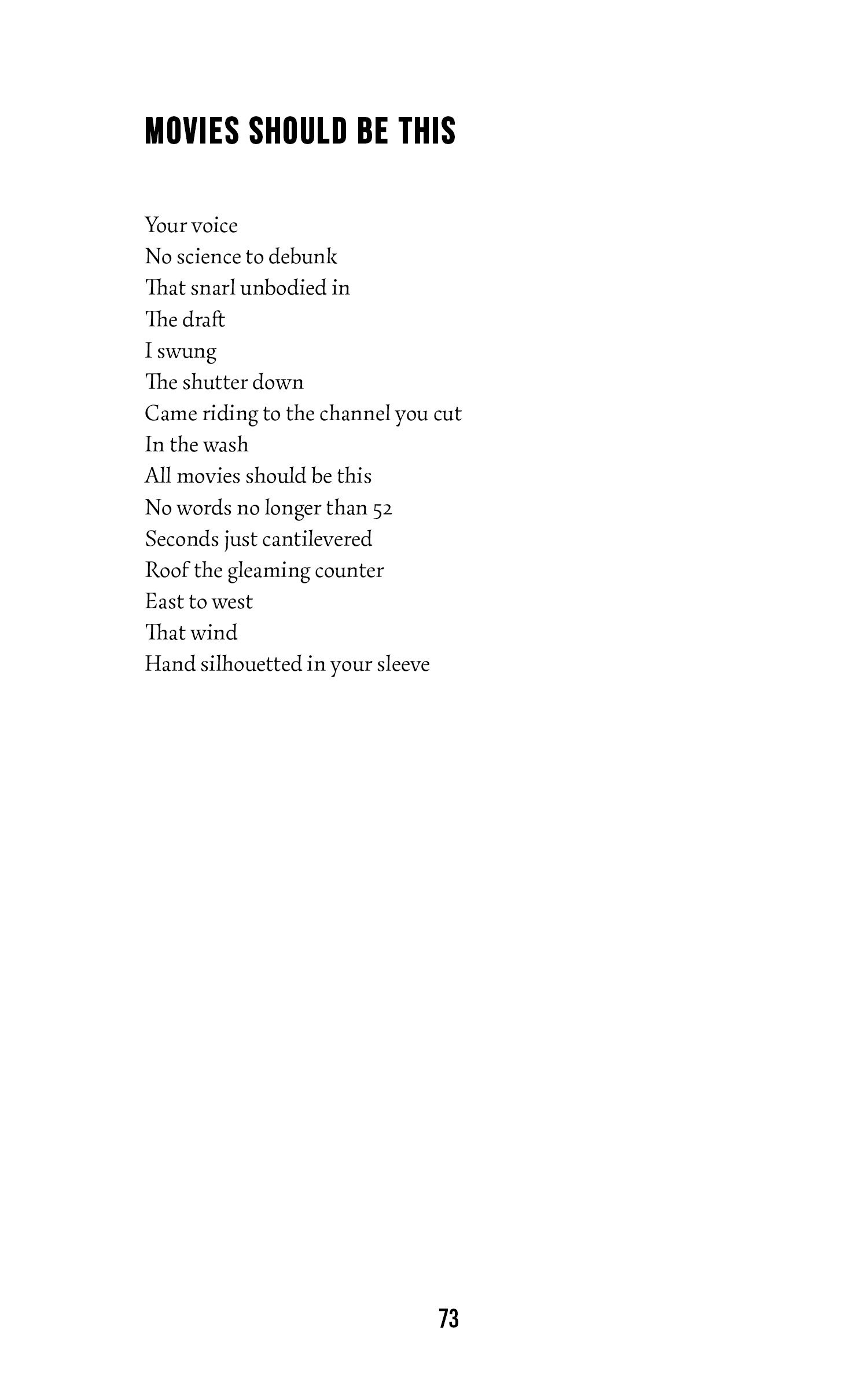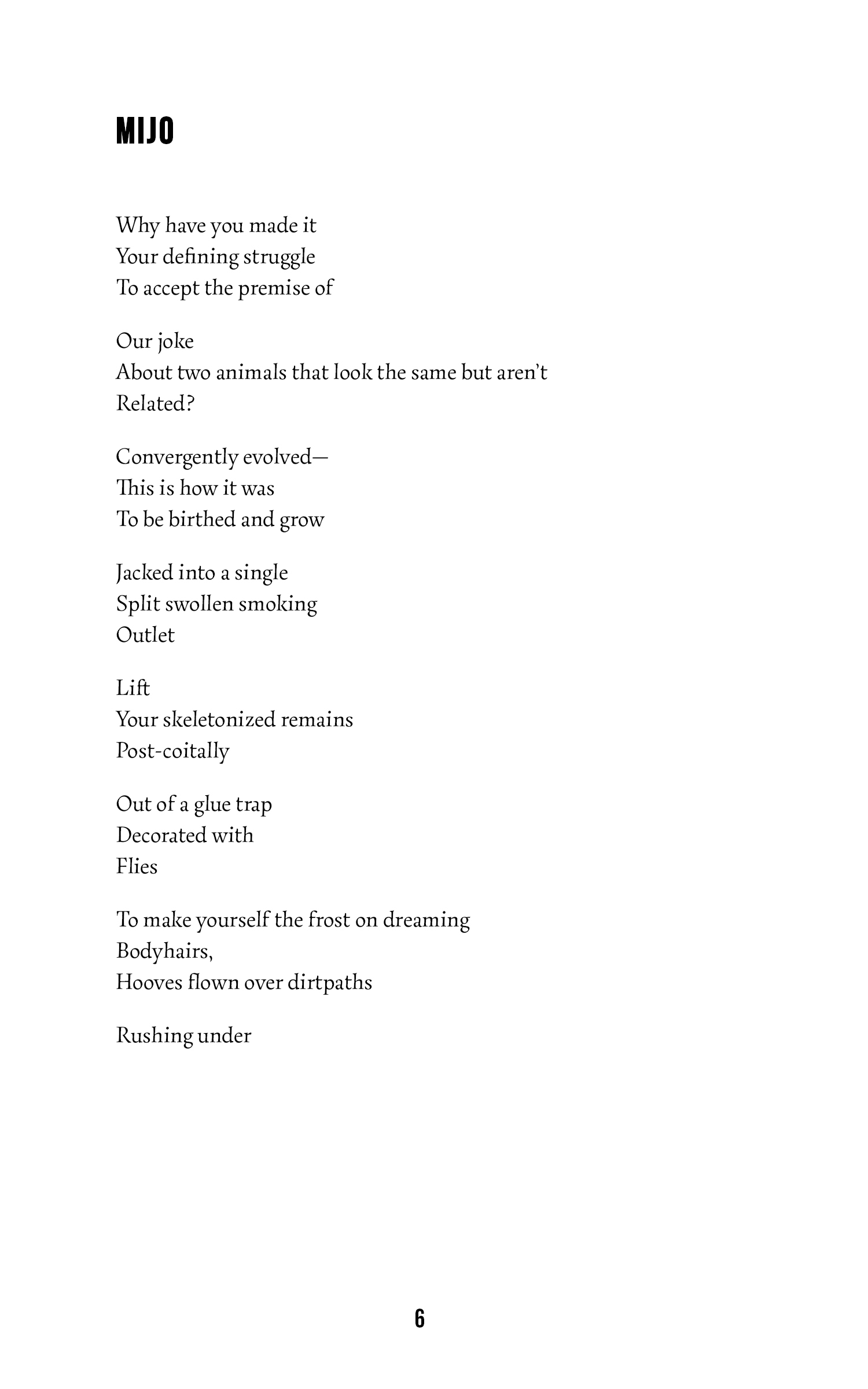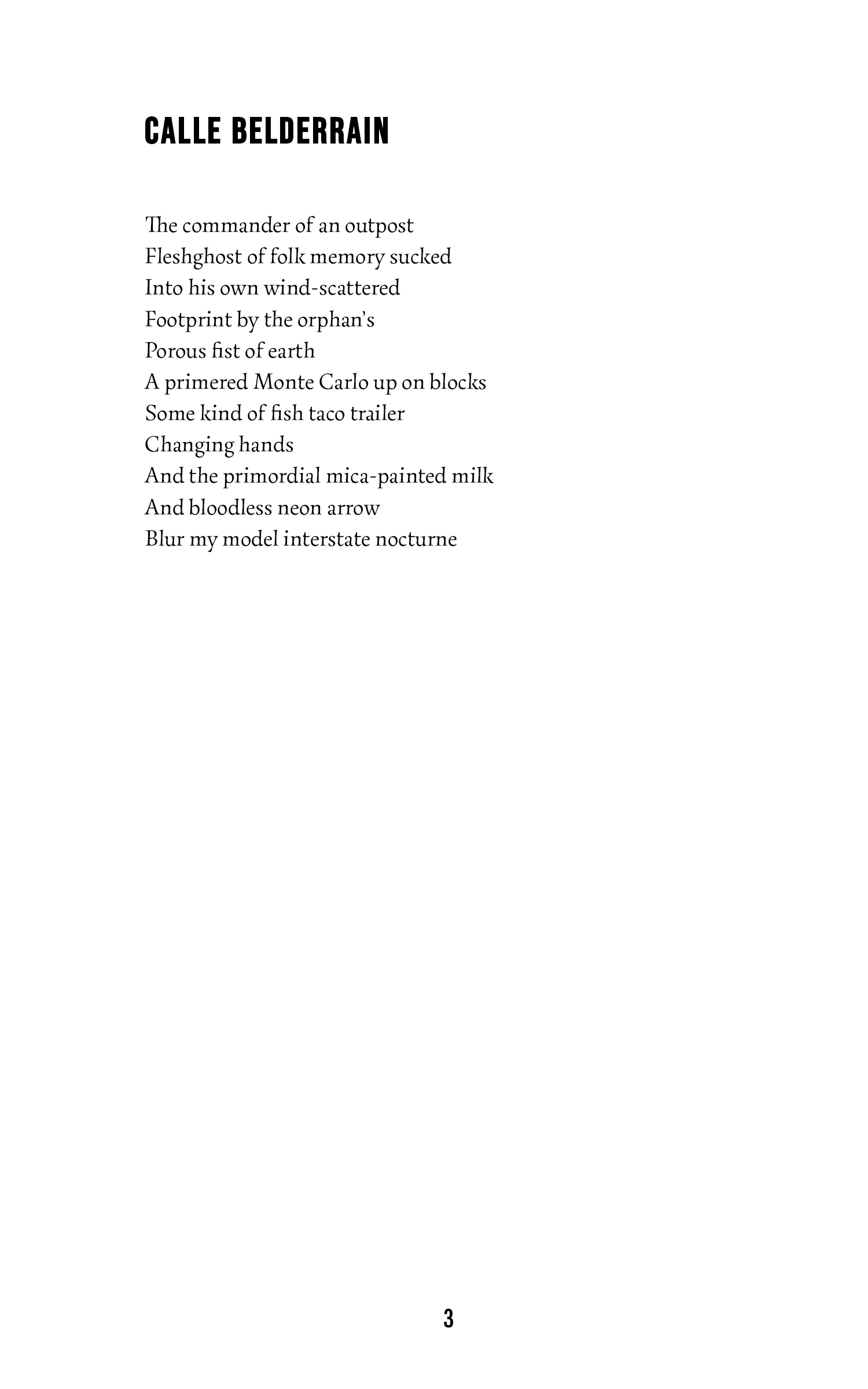FONO28 // Gabriel Palacios — A Ten Peso Burial For Which Truth I Sign (print; book)
$17.95
Release Date: March 12, 2024
Description
In his debut poetry collection A Ten Peso Burial for Which Truth I Sign, Gabriel Palacios reckons with the cultural heritage of the Southwest border region by sifting through its detritus: Eighteenth-century mission documents in which ancestors of the author appear, memorializing royal appointments and deaths by childbirth; copper-country “historamas” portraying colonial trespasses; neon signage of roadside motels and malls depicting Native regalia and helmets of conquistadors. These blunted echoes of the violences recorded on the land formerly known as the Pimería Alta comprise a point of meditation for a freewheeling, outsider docupoetry. The embellishments, which take the form of scenes and dioramas, collage temporal perspectives and fill in the elisions and redactions of the documentary record with an imagination uniquely haunted by the absurdity of media representations and historic reenactments.
E-book available here.
About the Author

Gabriel Palacios was born in Tucson, Arizona and earned an MFA from the University of Arizona, where he was the recipient of the Minnie Torrance Award for Poetry, selected by giovanni singleton. He works as a college writing instructor and serves as a contributing editor for Diagram. His work has appeared in The Volta, New Sinews, Annulet: A Journal of Poetics, Denver Quarterly, Poetry Northwest, The Brooklyn Rail, Typo Magazine, and elsewhere.
![]()
Praise
When someone asks me what a poet is, I answer: the one who changes (is changing) the definition of what a poet is. Gabriel Palacios, for example: he’s an urban archeologist, hauntologist, holographer, oral cartographer, de-mosaicist, muralist, and all of these as a poet. A Ten Peso Burial is the evidence. It is both a book-length mural being painted on something that is always moving (i.e. constant traffic), and the study, years later, of that mural, through the scraping away of its faded mask to reveal the neon historama underneath, still in the process of being painted.
–Brandon Shimoda
In A Ten Peso Burial for which Truth I Sign, Gabriel Palacios undertakes an ancestral reckoning, an accounting sketched across a city. “I wanna touch/The oldest silver in your grandma’s house/ Hear the version you know best,” he writes. Centuries collapse in a sentence as Palacios’ deft and lyric syntax guides us through a hotel ruin, a border region, and a family marked by a series of still palpable conquests. (“Is my seance in a shoebox locker poster Aztlan myth?”) This is not just world building, but a lyric resurrection across the years and miles. Palacios’ stunner of a debut collection is a vital reminder of the question: How much can we claim as inheritance from a world we reject?
–Susan Briante
A Ten Peso Burial For Which Truth I Sign defies containment, resists explanation. Palacios writes from within the blink, in the glitched dark of eternal betweens, with the entwined laughters of engine oil & etymology. Codes of language switch with the muscle-memory of glitter, so words evolve into music right there on the page, spit onto the skin of your wrists to dry in the breath of the motel’s air conditioning. A Ten Peso Burial for which Truth I Sign is for everyone who gives a shit about what poetry can say that words cannot say.
–Mathias Svalina
